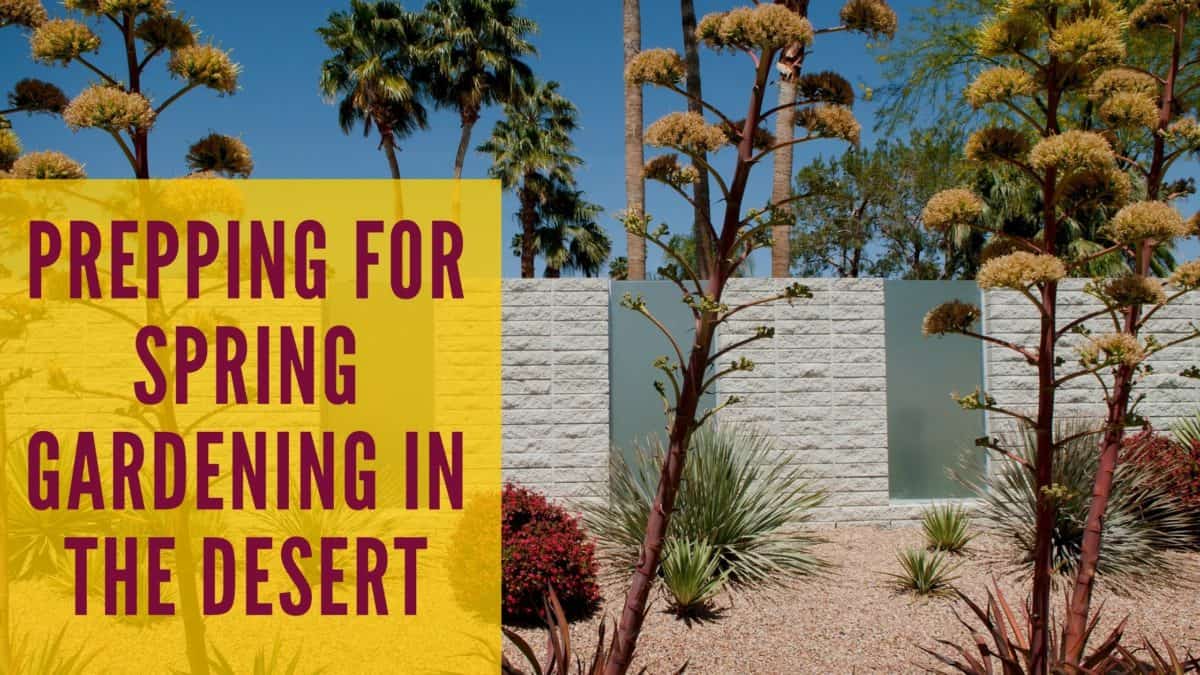- How Locals Celebrate the Holidays in Arizona - December 15, 2024
- Can Sun Shades Help During the Winter? - December 5, 2024
- Privacy and Protection With Sunscreens - November 28, 2024
With ingenuity, humans have been able to adapt and grow food in all regions of the world. While the climate zone of the Sonoran Desert poses extra challenges for traditional gardening, it is very possible with a few adjustments. Learning to grow your fruits and vegetables in this climate is an empowering step in understanding just how much work goes into the food we eat from the grocery stores. It allows us to connect to the soil we live upon and feel more in touch with the daily weather and changing desert seasons.
It can take a while to fully master growing your food even in the most temperate climates, so growing in this extreme climate is no small feat. However, with a steep learning curve, you can gather the skills you need to enjoy homegrown food in the desert this growing season. Here are a few tips from some desert gardeners who have had their share of seasons.
Protect your Garden from the Sun
It’s counterintuitive if you’ve ever grown food in another, the cooler climate where you prioritize the sun when growing tomatoes, cucumbers, peppers, peas, beans, corn, and squash. However, growing in the desert requires a fine balance to find just the right amount of sun. In full sun, likely, your produce will quickly get burned, so location becomes everything. The ideal is a planting area that gets the less intense morning sun, for around 6 to 8 hours.
This is an adequate amount of sunlight and will allow you to avoid the scorching noon when the sun is right in the middle of the sky producing its hottest heat. As the afternoon carries on the sun’s collected heat from the day makes it an extremely hot environment for vegetables to thrive. It’s also probable that the afternoon sun doesn’t deliver the needed level of photosynthesis required for your garden to fully thrive. If you can’t find the exact right spot, try covering your plants for the hotter time of the day, which aids in moisture retention and can protect your plants from wilts and burns.
It’s all About Dirt
Any seasoned gardener will tell you that the key to growing organic pesticide-free health food relies on soil health just as much as the right amount of sun and moisture. The soil holds important nutrients, vitamins, and minerals that will enhance the flavor and robustness of your crop. Invest in compost and rich organic soil to give your plants the foundation to fully thrive. An added layer of cardboard and mulch around your plants will protect you from aggressive weeds and retain moisture in the soil, your plants will rely on.
Water for Success
It can be relaxing to water your garden but just as easy to miss crucial hydration. Missing needed water can mean a quick and sudden death even after an entire season of near success. This couldn’t be a greater reality than in the desert where the temperatures are high enough to wither your plants in hours.
We recommend installing drip irrigation to minimize this issue. It’s easy to install off a standard hose bib and delivers just the right amount of water to each of your plants based on a timer, as often as they need it. While a hose will allow water to evaporate and run up your water bill significantly, the slow drip of irrigation systems delivers the water directly to the base of the root system where it can be optimized for hydration. Set your timer for around 30 to 40 minutes in the morning as watering at night can sometimes cause mold to the stem and roots base. However, on especially hot days, don’t hesitate to hand water overnight to boost moisture to your plants.
Know the Right Time to Plant
The healthiest plant won’t ever get to fruit if it’s started at the wrong time of year. Planting times in the Sonoran Desert differ from wetter Eastern climates. For reference research planting times for gardening in the Southwest. Many of these online resources, such as the University of Arizona, break down the exact date ranges and elevations ideal for vegetable planting.
CC Sunscreens
At CC Sunscreens, we know that the key to a happy and healthy home in the Southwest brings the outside inside. If you want to enjoy your garden and the beautiful nature of your surroundings, you will most likely benefit from CC sunscreen patio screens. Patio sunscreens can block out up to 90% of harmful UV light which can hurt you and your garden. To find out more about CC Sunscreens, schedule a consultation today.

